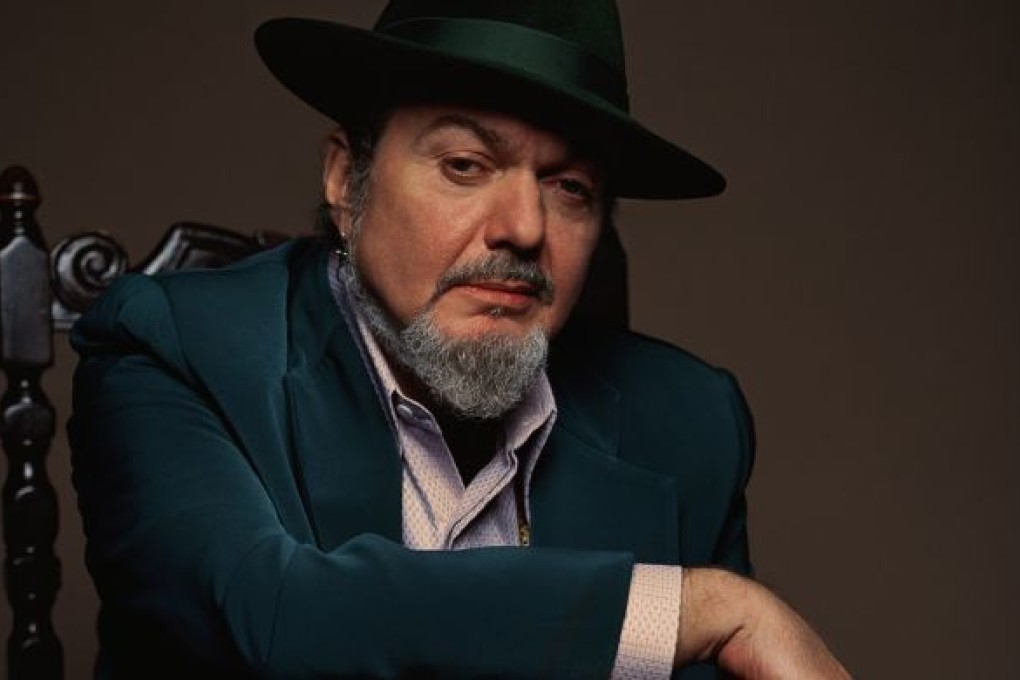Dr. John
If there’s a living musician that embodies New Orleans blues, it’s got to be Dr. John. Born Mac Rebennack, the music prodigy began his career in the 1950s at just 14 and has since become an inimitable genre icon. Before his new band, Dr. John and the Lower 911, plays in Hong Kong as part of the Arts Festival, the 71-year-old Night Tripper talks to Penny Zhou about music, television and his beloved New Orleans.

HK Magazine: Were you born into a musical family?
Dr. John: Yeah, my family was musical. My aunt played the piano and taught me how to play. My mother played a little bit, my sister sang with bands and played all kinds of instruments, and my father sold records. I was around all kinds of music.
HK: Was it always your dream to become a musician?
DJ: I have no idea. That’s about as far as my brain could operate as far as what I wanted to do. I was failing in school so bad that my father told me to go on the road. My dad said, “Kid, my advice to you is to take a job on the road.” It made me feel okay to do that.
HK: You’ve learned music from some of the greatest musicians. What are the most important things that they taught you?
DJ: I learned from piano players like Huey "Piano Smith," Allen Toussaint, Professor Longhair and James Booker. It would be hard to say what was the most important, but I’ll say this much: Huey Smith taught me how to write songs—more than just play piano—which helped me later in life. They all gave me ideas about writing songs and that’s all so important—a lot more than just playing the piano. I studied guitar originally and if I hadn’t gotten my finger shot off I would probably still be playing guitar.
HK: What was it like to work in the music industry back in the 50s and 60s? And how does it compare to today?
DJ: You can’t compare, because we were making records one track at a time. The recording techniques were way different. Today you can record 16, 32 tracks—whatever you want to do. The other thing is that today nobody plays the music live together. Back then you had to because when you left the studio it was a finished record. No mixing or all that.
HK: What's the style of Dr. John and the Lower 911?
DJ: We basically live off of playing New Orleans fonk [the way Dr. John pronounces “funk”]. It’s a very traditional type of music and there are a lot of different forms of it. This is something we were always playing and will continue to play.
HK: With your generation of New Orleans blues musicians gradually fading away or passing on, are you worried about the future of New Orleans blues?
DJ: I do worry about a lot of things because I’m a worrywart, but also because a lot of traditions, the way music has always been passed down by the elders [and also some artistic] generations have [gone missing] because of Katrina and oil disasters. Louisiana is the most disappearing land mass on the earth.